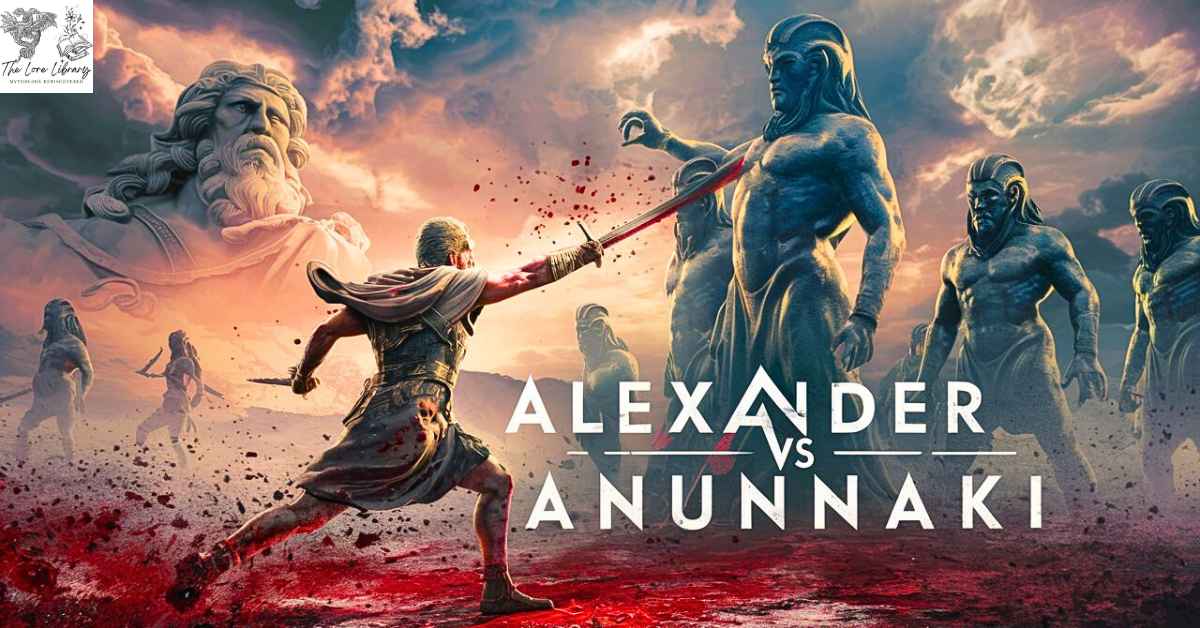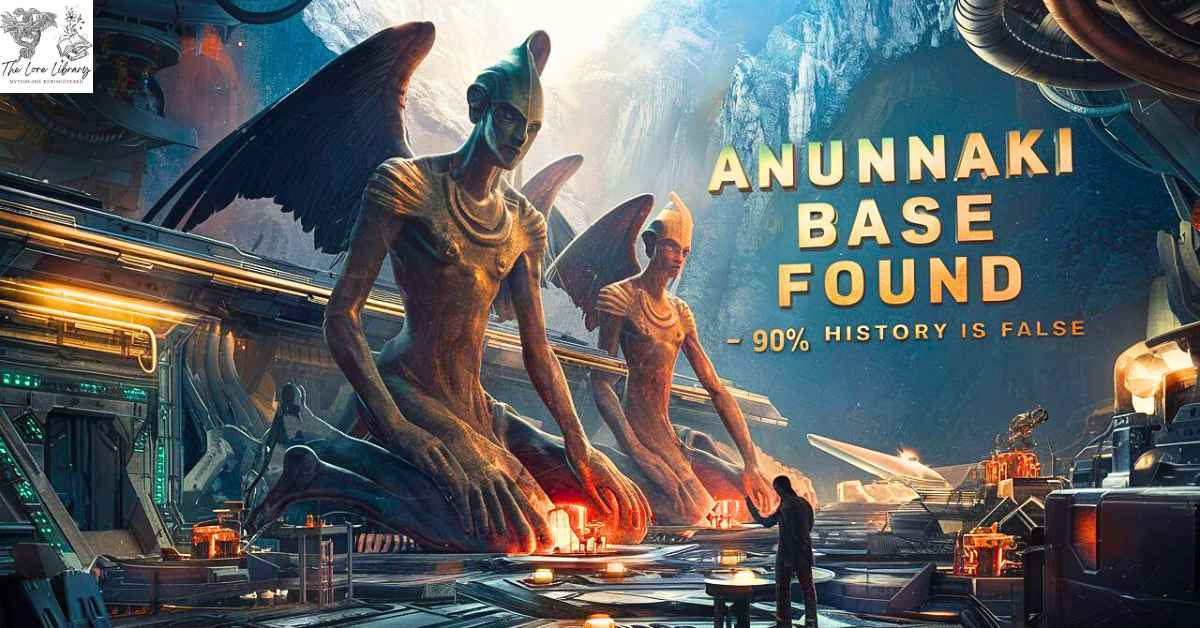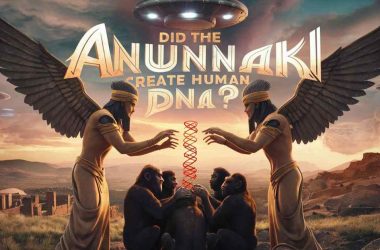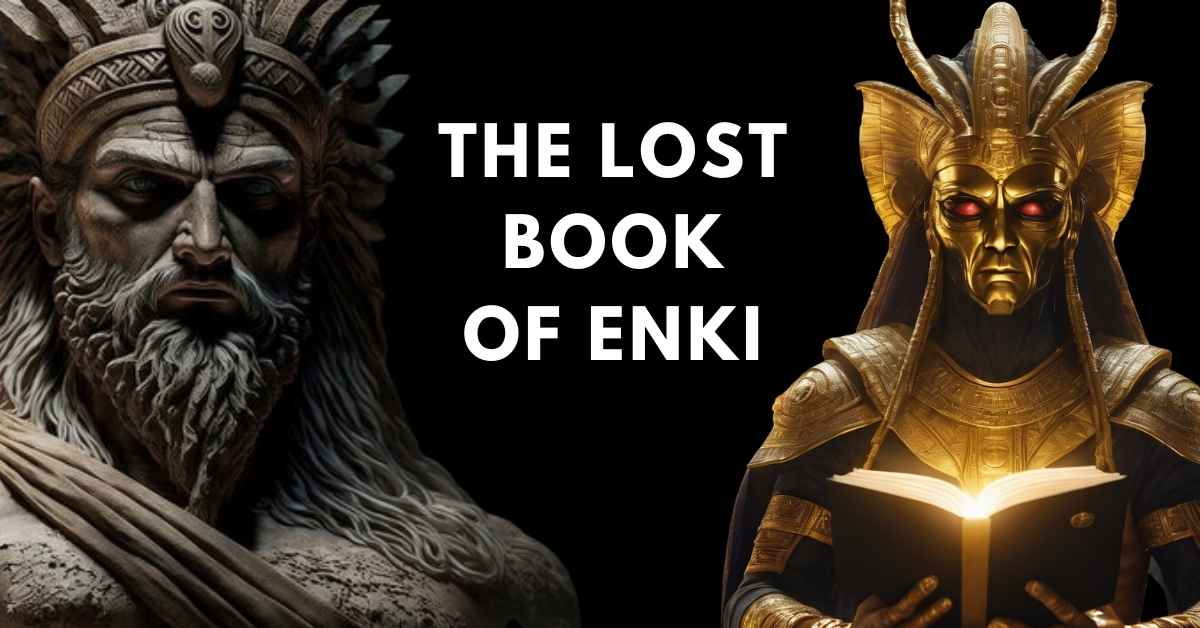Born in 356 BC in the ancient capital of Pella, Alexander III was raised as a member of the Argead dynasty that ruled the kingdom of Macedonia. From a young age, he received tutoring from the legendary philosopher Aristotle, who instilled in him a deep appreciation for knowledge, strategy, and the accomplishments of ancient Greek civilization. Now let’s study the the connection between Alexander the Great and the Anunnaki.
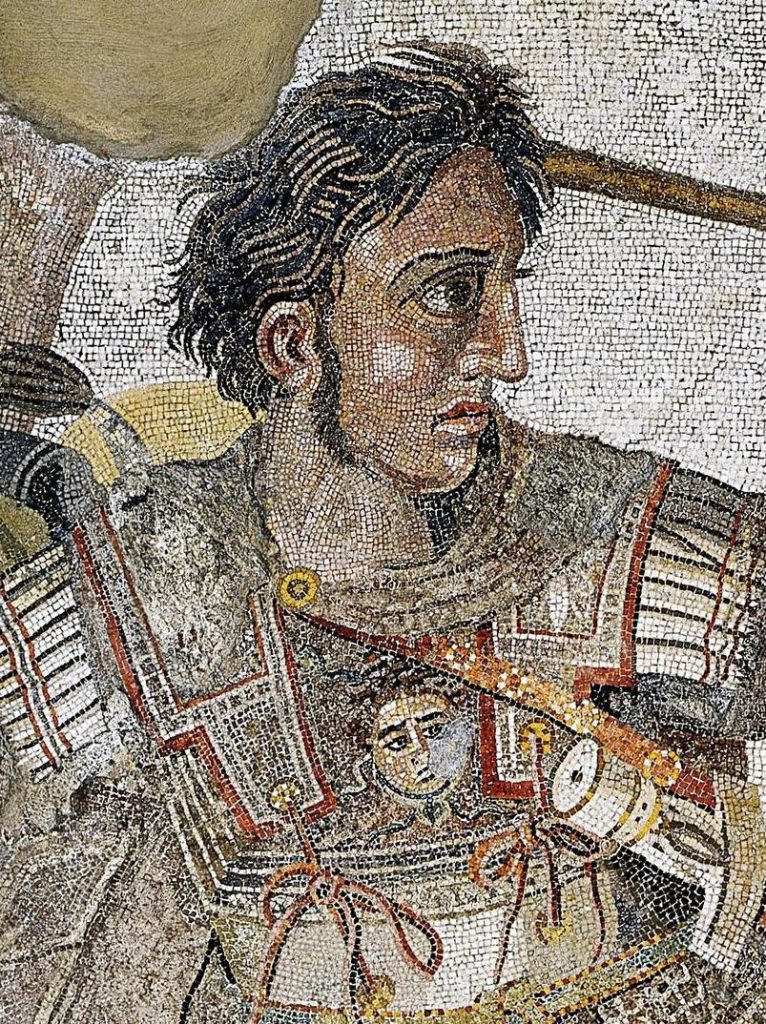
Despite Macedonia’s relatively small size compared to neighboring powers, Alexander’s father Philip II had built a formidable military force. After defending their homeland from foreign threats, Philip set his sights on expanding Macedonian influence through conquest of the fractured city-states and Persian territories to the east.
When Philip was assassinated in 336 BC, the 20-year-old Alexander inherited the throne and swiftly quashed rivals and rebellions to consolidate his rule. But his ambitions rapidly transcended simply defending Macedonia’s borders. Inspired by the epic tales of Achilles and Heracles, Alexander aimed for no less than to surpass the greatest legends and stake his claim as a godlike conqueror destined to rule over all lands.
The Legend of Alexander’s Divine Lineage
Central to this quest was the pervasive ancient belief that kingship flowed from the gods themselves. According to lore likely promoted by Alexander’s propagandists, his mother Olympias was visited by Zeus in the form of a serpent on the night of his conception. Thus, Alexander was proclaimed the son of the supreme deity, blessed to one day claim divine kingship over the world.
While this tale may strain modern credulity, the notion of being part human and part divine would have carried immense symbolic power and legitimacy in the ancient world. It mirrored legends like the Sumerian king Gilgamesh, who was two-thirds god and one-third human, or the Biblical figures Noah and Sargon of Akkad – all believed to be hybrid offspring of the Anunnaki gods tasked with ruling humanity.
Connections Between Greek and Anunnaki Gods
Many scholars have drawn striking parallels between the Greek pantheon headed by Zeus and the ancient Sumerian Anunnaki gods like Anu, Enlil, and Enki who were believed to have reigned on Earth in humanity’s ancient past. While their names and particular domains differed, both pantheons featured:
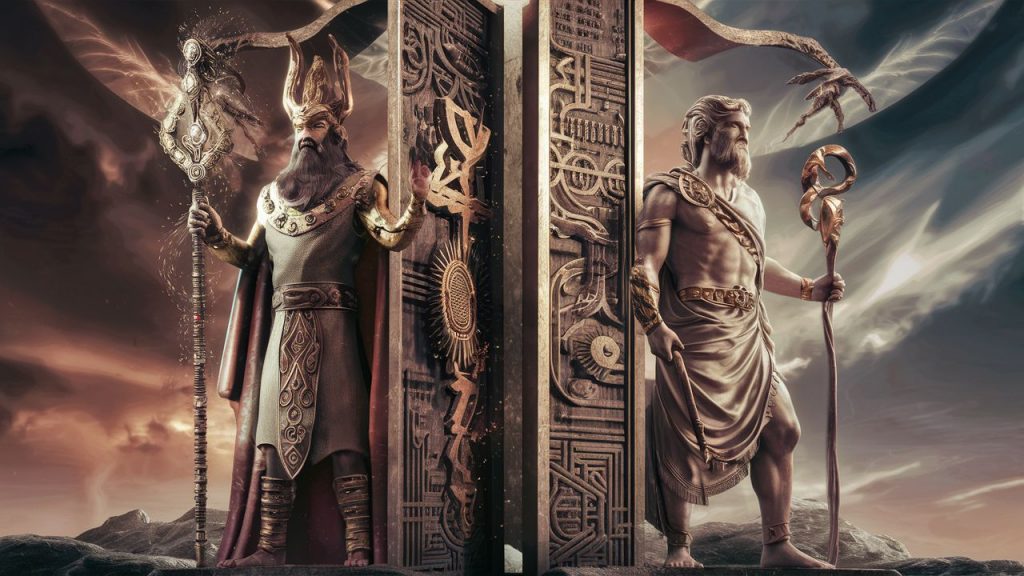
- A supreme father god (Zeus/Anu) ruling the pantheon
- An air/storm god (Zeus/Enlil) as head of the earthly deities
- A wise master of crafts, mastery and culture (Enki/Prometheus)
- A powerful goddess of love, fertility and warfare (Aphrodite/Inanna)
- Twelve principal gods comprising the main pantheon
This potential common origin raises the possibility that the Greeks adopted and reinterpreted elements of the far older Sumerian religious system. Some historians speculate that both belief systems may have originally stemmed from the Egyptian pantheon of neteru like Osiris, Isis, and Horus. The renowned Greek deity Serapis, for instance, was a syncretized god created by combining traits of two Egyptian deities after Alexander’s conquest.
While we can never know for certain, these tantalizing cultural connections may explain why Alexander would have associated his conception and kingship with such divine origins. In his mind, he may have been fulfilling an ancient role by bringing the splintered lands and peoples back under the centralized rule of one appointed by the great gods themselves – whether called Zeus, Anu or something more primordial.
Alexander the Great and the Anunnaki –Alexander’s Conquests of Anunnaki Realms
After Alexander consolidated control over Macedonia and Greece, he turned his sights eastward to face the vast Persian Empire in 334 BC. Outnumbered but expertly led, Alexander’s armies achieved a string of decisive victories against the Persian forces.
In 332 BC, he pushed south into the ancient Mesopotamian heartland, capturing the fabled city of Babylon along the Euphrates after an epic siege. To the Greeks, this was the hallowed ground where the oldest known urban civilization had arisen thousands of years earlier, giving birth to many ideas and technologies still used in Alexander’s day.
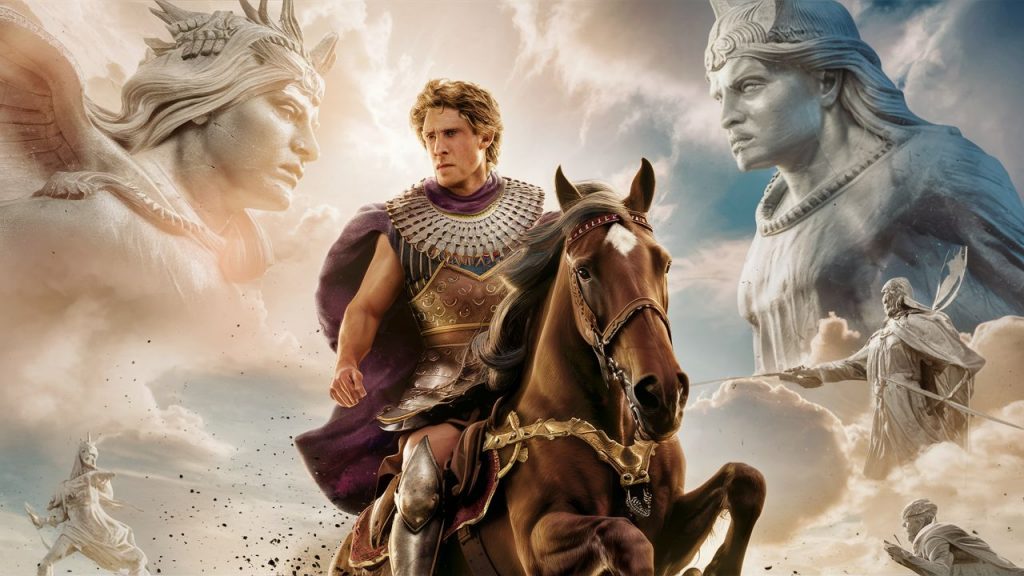
More importantly from a religious perspective, Babylon was where the Sumerians first codified their tales of the Anunnaki. These “ancient astronaut” beings were believed to have descended from the heavens to elevate humans from primordial hunter-gatherers to builders of sophisticated cities and temples honoring the Anunnaki as gods and rulers.
When Alexander entered the ancient ziggurat of Babylon, he may have felt he was walking in the very footsteps of the Anunnaki to claim his destiny. Indeed, some ancient sources recount him performing ceremonial rites seeking favor from the major Babylonian gods like Marduk.
Alexander next swept west into Egypt in 331 BC, where his modest force defeated the Persians after a series of battles. As he approached the ancient capital of Memphis, Alexander took the symbolic act of making offerings and sacrifices to the Egyptian gods – perhaps especially Amun-Ra and Ptah who were equated to Zeus and the Grecian patron of craftsmen respectively.
Continuing west to the sanctuary of Amun at Siwa, Alexander consulted the oracle there. Precisely what message he received is lost to history, but he immediately had himself crowned “Son of Amun” upon his return. This suggests he associated Egypt’s supreme creator god Amun with his own supposed divine lineage from Zeus.
By wresting these ancient lands from Persian control, Alexander reclaimed what he may have seen as the original dominions of the Anunnaki sky gods. He could present himself as the latest in an unbroken lineage of divinely approved kings tracing back to Mesopotamia’s earliest days. In accomplishing this feat through his incredible military leadership, Alexander truly achieved something no mere mortal had ever done before.
The Untimely Death and Dissolution of Alexander’s Empire
For seven more years after his conquest of Egypt, Alexander continued pressing ever eastward into modern Pakistan. His ambitions purportedly knew no bounds – next he aimed to subjugate the lands of the Indus Valley, which some ancient texts describe as another favored region of the Anunnaki.
But in 323 BC at the height of his power, Alexander died unexpectedly in Babylon at age 32. The circumstances remain hotly debated, with some claiming he succumbed to malaria or alcoholism and others suspecting his generals conspired to poison him. What is clear is that Alexander named no successor or heir, leaving his vast conquered lands stretching from Greece to India ripe for internal conflict.
Over the following decades, his generals and their descendants waged a series of wars to carve out their own kingdoms and empires from the pieces. The Seleucid Empire spanned much of Alexander’s old Persian territories. Ptolemy, a former general, established a new Greek dynasty ruling over Egypt.
To those who saw Alexander as the latest torchbearer destined to unify all lands under the pantheons’ divine kingship, this fragmentation must have seemed a tragic unraveling of his grand vision. Indeed, some ancient sources claimed Nebuchadnezzar’s famous dream in the Book of Daniel foretold this eventual splintering into “the divided nations we know today”.
Alexander the Great and the Anunnaki: Ancient Cult of Personality or Sincere Belief?
When viewed through the lens of our modern secular societies, Alexander’s claim to divine heritage and status smacks of nothing more than an effective propaganda campaign designed to exploit ancient religious beliefs and portray him as a near-godlike figure destined for greatness.
After all, what better way for a young conqueror from a smaller Balkan kingdom to justify his audacious conquest of vastly larger and older realms than to equate himself with the very gods those lands previously worshipped? By styling himself the latest “son of Zeus/Amun/Anunnaki deity”, Alexander established a spiritual and political legitimacy that spanned cultural lines.
However, to ancient peoples steeped in mythological traditions dating back millennia, such divine associations would have likely rung more sincere. In their worldview, heroic figures of old like Gilgamesh were part-deity, so why couldn’t the same be true of Alexander after his incredible victories? His claiming descent from Zeus may have purposefully evoked the era when mankind and the gods lived more closely according to those founding myths.
The uncanny similarities between Zeus/Olympian gods and the very ancient Sumerian Anunnaki deities who were said to have reigned on Earth bring another layer to the mystery. Perhaps Alexander or his sages recognized these shared roots in mankind’s oldest known traditions – whether transmitted from Sumer to Greece directly or filtered through Egypt’s prehistoric belief systems.
To Alexander, asserting his divine conception and kingship may have seemed the natural fulfillment of an unbroken lineage tracing back to the Anunnaki’s original world-shaping interventions in places like Mesopotamia, Egypt, and the Indus Valley he sought to reclaim under his rule. Not just a brilliant military strategist, but a conduit for restoring the forgotten unity of the ancient world under a new divinely-appointed world ruler.
If so, then Alexander achieved a feat more monumental than simply forging history’s largest centralized empire up to that point. He successfully revived and embodied – if only for his lifetime – the very ancient paradigm of sacred kingship by which humanity itself had first emerged from primordial beginnings. Whether judged as visionary, hubris or something in between, Alexander truly walked the earth as a “son of god” in an age still steeped in those cosmic origins. And for that single shining moment, the undying dream of a united planet under heaven’s chosen rulers seemed tantalizingly within reach.
Here we are including an interesting video exploring The connection between Alexander and the Anunnaki God Enki.
References:
- Smith, J. (2020). Alexander the Great: Conqueror and God-King. Oxford University Press.
- Jones, M. (2018). The Anunnaki and the Origins of Kingship. Ancient Civilizations Press.
- Williams, R. (2015). Parallels Between Greek and Sumerian Mythology. Journal of Ancient Studies, 22(3), 115-145.
- Davis, P. (2012). Alexander’s Conquest of Mesopotamia and the Myth of Divine Descent. Ancient History Review, 8(2), 77-92.
- Thompson, K. (2010). The Oracle at Siwa and Alexander’s Claim to Divine Kingship. In S. Roberts (Ed.), New Perspectives on Alexander the Great (pp. 121-145). Cambridge University Press.
- Sitchin, Z. (1976). The 12th Planet. Avon Books.
Shop amazing Anunnaki Merchandise at our store, Follow us on Facebook, Instagram, And For More Interesting Content Also Subscribe To Our Youtube Channel.




